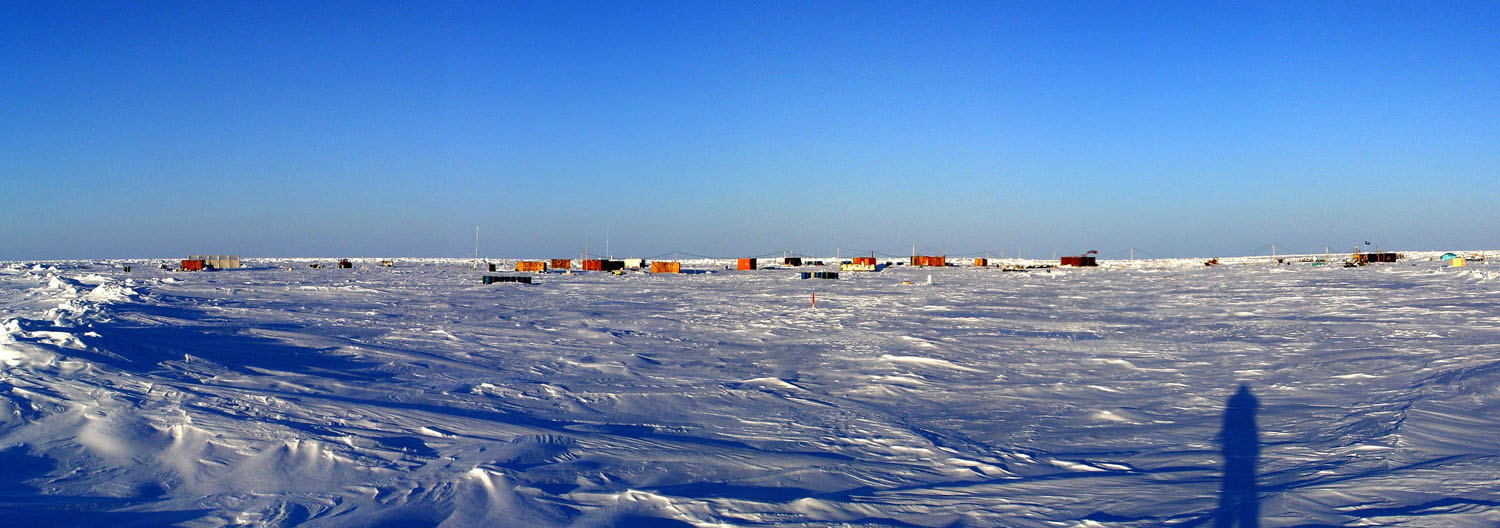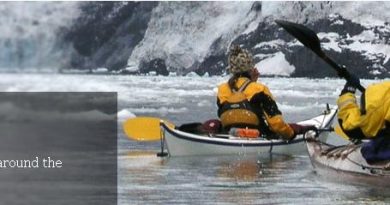Russia to evacuate Arctic research station

Russia has ordered the evacuation of one of its Arctic research stations after melting ice conditions rendered it unsafe said Sergei Donskoy, Russia’s minister of Natural Resources and Environment, in a statement posted on his ministry’s website on Thursday.
Research station North Pole – 40 is located on an ice floe. However, the ice around the station is reportedly breaking up.
All equipment and the sixteen people working at the station will be removed.
North Pole – 40 was set up to research weather and the Arctic environment.
The ministry is planning to move the research station to Severnaya Zemlya, an archipelago in the Russian Arctic.



